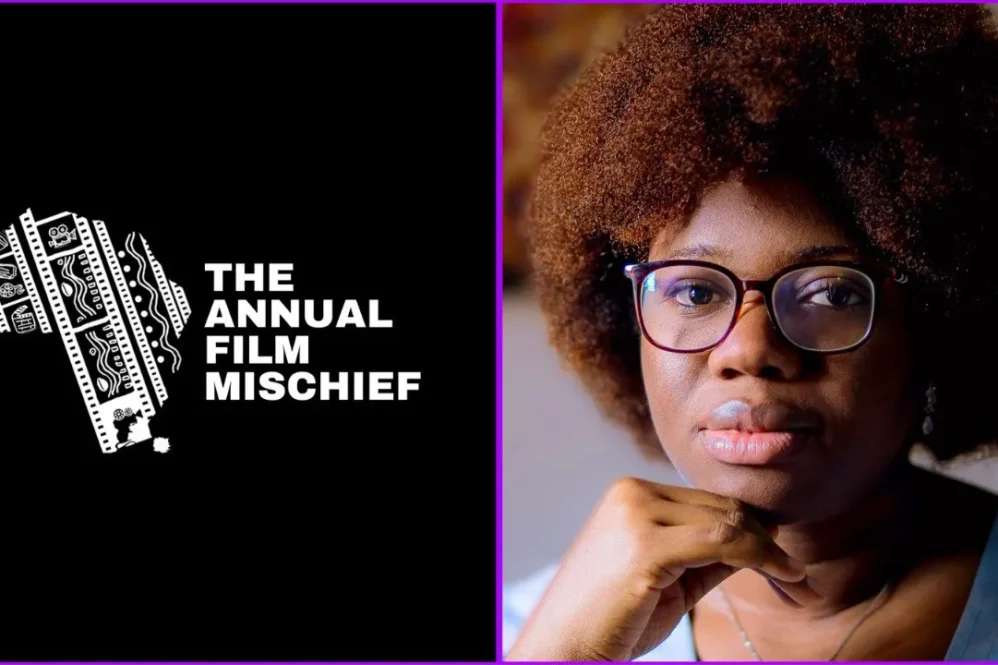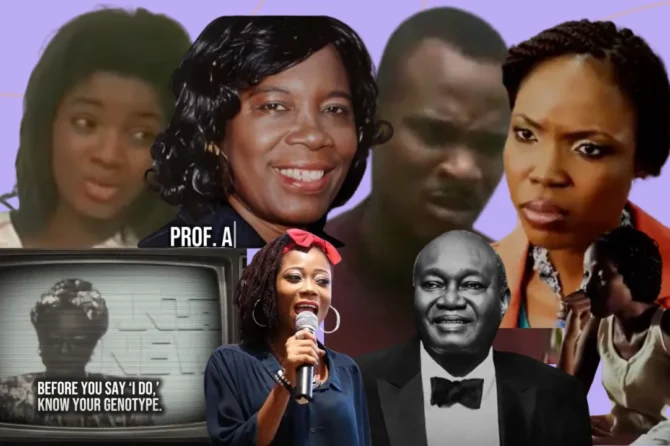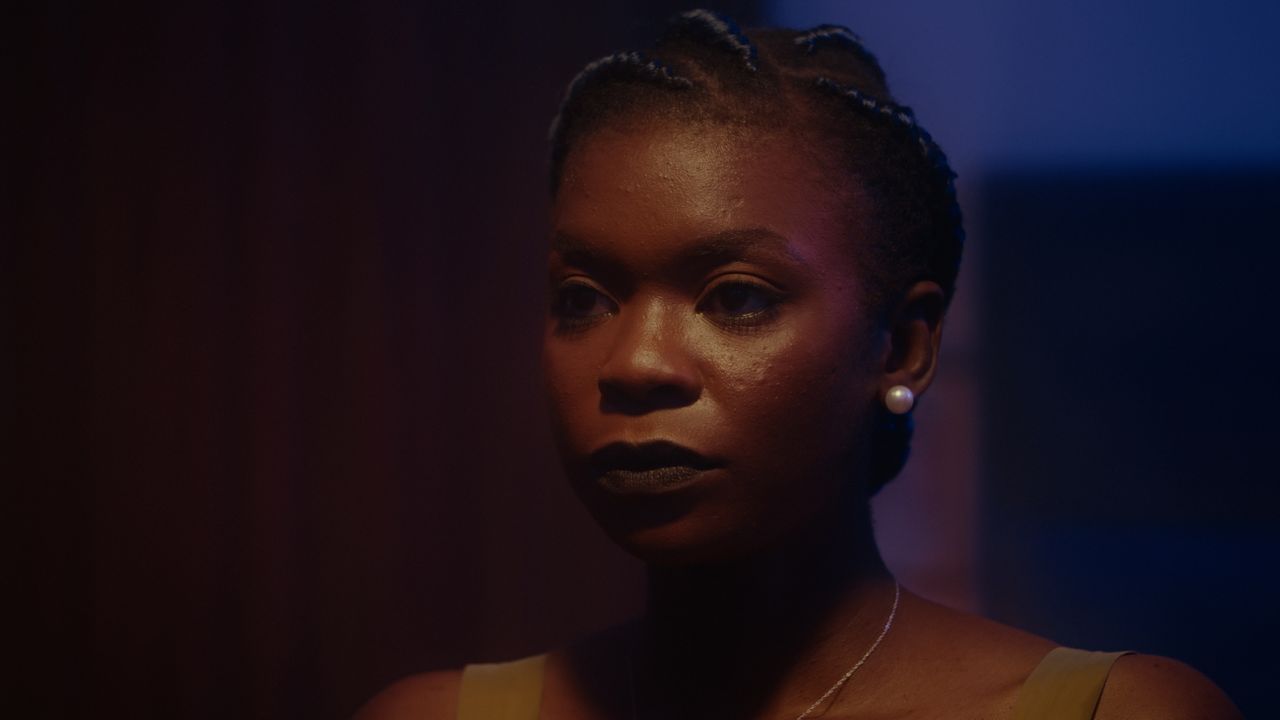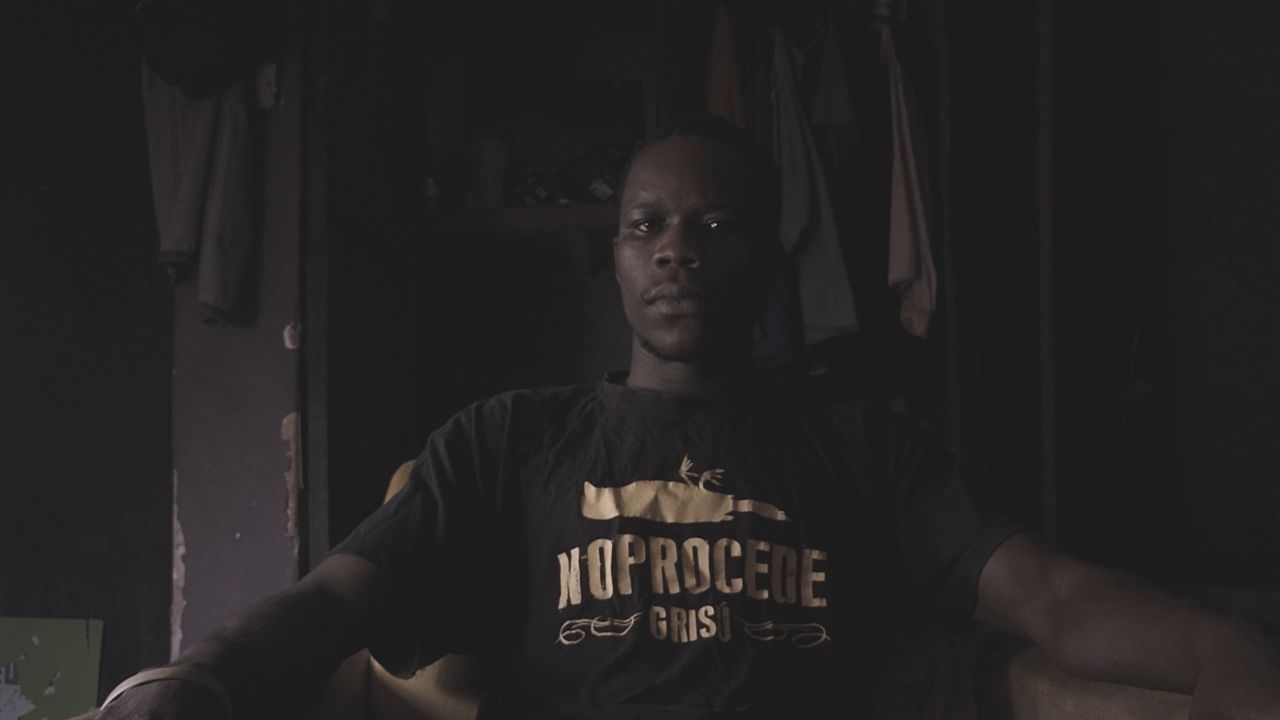Over time, starting from June or July, I characterised the month of October with The Film Rats’ film festival, The Annual Film Mischief. As the lead media partner of the 2025 edition, What Kept Me Up has had a front-row seat to the preparations and processes that have gone into putting the festival together.
(Click to Follow the What Kept Me Up channel on WhatsApp)
A little refresher: The Annual Film Mischief, founded by The Film Rats Club, is a festival known for showcasing independent, zero-to-low-budget films under carefully chosen themes. This year, the festival is expanding beyond its usual programming to include activities tied to its theme, ‘Reclaiming Self.’ According to Film Rats founder Chukwu Martin, who spoke during a 5KM Walk/Run held in July ahead of the festival, the theme calls on filmmakers to pause, reflect, and stay rooted in themselves.
As director for this year’s festival, Precious Iroagalachi joined The Film Rats Club in 2018. She went from being an active member of the creative collective to joining the festival management committee in 2023. In 2024, she served as festival manager in an edition that did without a director. She now leads the 2025 edition as Festival Director, taking over from last year’s management-led structure. As a filmmaker, Iroagalachi, co-founder of Azure Studios Nigeria, has worked on independent shorts, including Iwa Ji: A Celebration of Igbo Culture as well as a creative producer on multiple projects.
As the Lagos event kicks off on October 16, we caught up with the 2025 festival director to discuss the festival’s theme, film selections and the pan African partnerships of the festival.
Anyone who has been following the festival already knows the theme and its essence, but for those just finding out, can you briefly talk about this year’s theme, “Reclaiming Self”? Why is that?
It’s easy for creatives, especially filmmakers, to get caught in the rat race, chasing the next big idea, the next gig, or the next form of expression, often at the expense of themselves. We rarely pause to reflect, to enjoy moments as they happen. We tend to dismiss our wins as not “big enough,” especially when they seem small compared to others’ achievements.
Besides operating in a gig economy and chasing the next big thing, creating is one of the most vulnerable forms of expression because a part of the creator is present in everything they produce. The process can be daunting, and having your work dissected, loved, or hated by others can be overwhelming. That’s why it’s important to pause, step back, breathe, and retreat. Reclaiming oneself extends beyond retreat; it’s an invitation to search inward, reconnect with your purpose, surround yourself with a community, and approach creativity with authenticity and a renewed spirit.
Besides overall themes of wellness and mental health, what other criteria guided the film selection for this edition?
This year’s selections mainly focus on vulnerability. You’ll see films that explore raw emotions like love, grief, and resilience, among others.
Was there a particular film or filmmaker in this year’s program that surprised you during the selection process? Also, what films are you most excited for audiences to see?
I can’t point to one specific film or filmmaker that surprised me, but I was genuinely impressed by the submissions from across Africa. It’s gratifying to see African creatives express themselves so powerfully. As a pan-African festival, it’s especially exciting to think about the cultural exchange audiences in different cities across Africa will experience as they watch films from various parts of the continent.
With the festival being held in multiple cities (Lagos, Abuja, Accra, Dar es Salaam and Nairobi), how does each city’s local context influence film selection or programming? Are Nigerian films only screened in Nigerian cities, and similarly for other countries? Are wellness activities also held in these locations?
From the start, we aimed for each city to experience the festival the way it happens in Nigeria. It was equally important to stay true to each city’s culture while recreating the core elements of the festival. Films will be screened across all locations, and attendees everywhere will experience the festival’s key elements. So, if you find yourself in Dar Es Salaam, Nairobi, or Accra, you’ll see the festival take place with a local twist.
The festival runs from October 9 to November 2 across those five cities. What lessons from past editions are guiding this year’s organisation?
We’ve learned to follow our own advice. With an event of this scale and intentionality, there’s often a desire for things to happen exactly as planned. While planning is crucial, we’ve learned to let go and let things unfold naturally, which has often led to wonderful surprises. We plan, we prepare, we show up—and we embrace the unexpected beauty that follows.
Can you share insights on funding, sponsorship, or partnerships that have been crucial, especially with the expanded programming beyond screenings?
Absolutely. Every part of the festival is a collaborative effort. We are grateful for the alignment with this year’s partners: Church of Stories (Ghana), Kuza Film Club (Kenya), and AjabuAjabu (Tanzania). Their support has been incredible. It’s been a perfect match, and we’re thankful for their commitment to the vision.
The Annual Film Mischief is set to take place October 16-19 in Lagos and Abuja. Dates in other African cities are:
Accra: October 10-11
Nairobi: November 1-2
Dar es Salaam: November 7-8
WKMUp is the lead media partner for The Annual Film Mischief 2025.
Become a patron: To support our in-depth and critical coverage—become a Patron today!
Join the conversation: Share your thoughts in the comments section or on our social media accounts.





